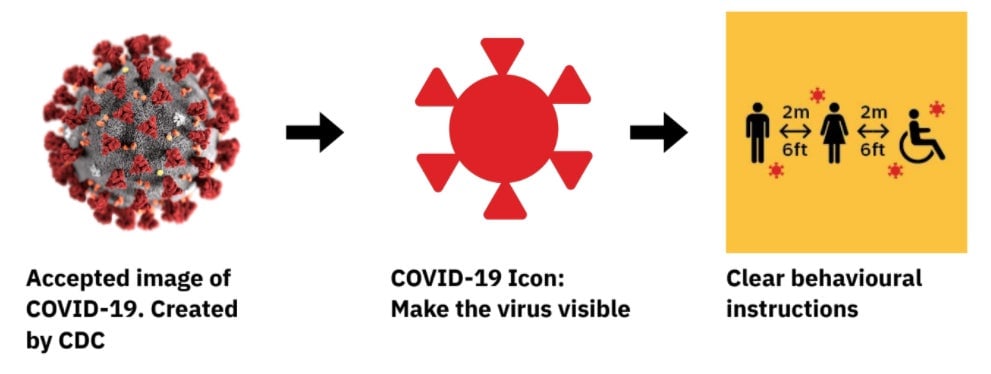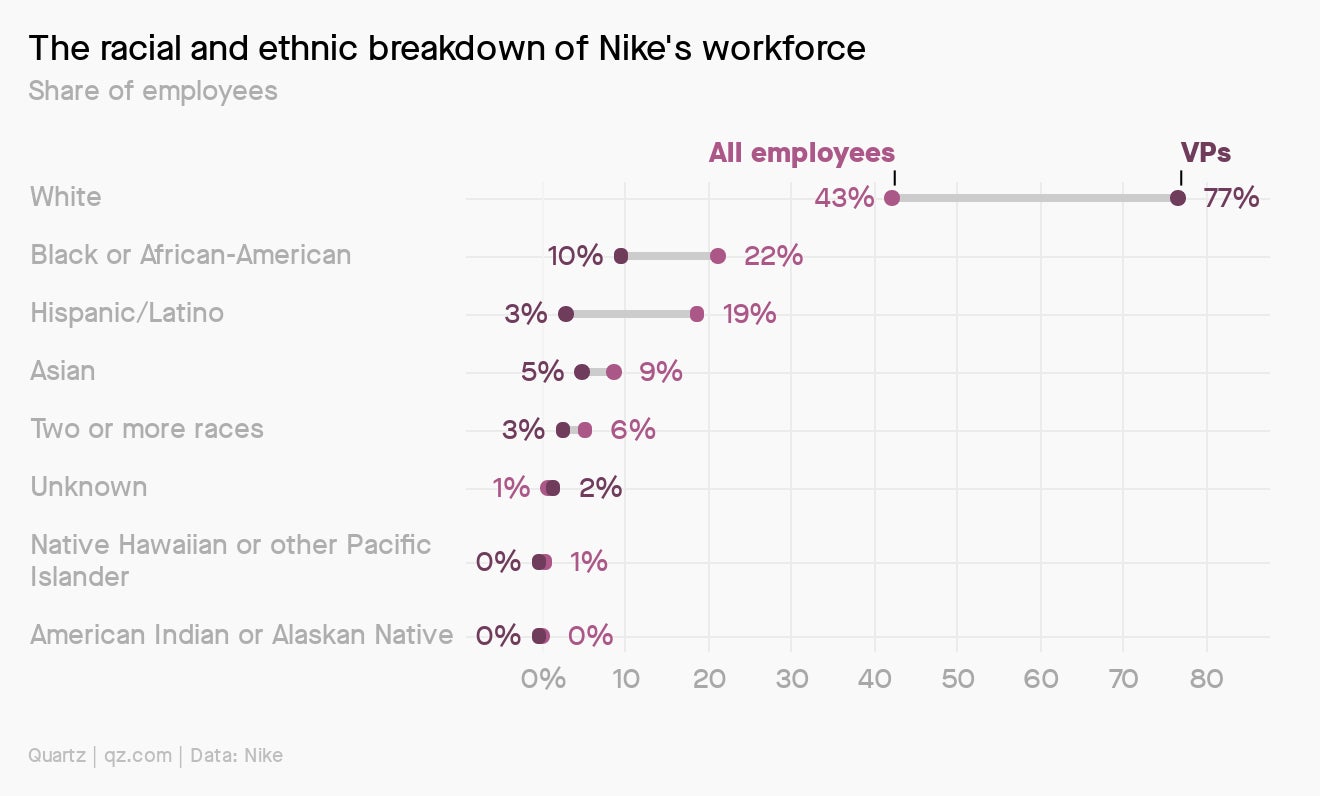Fed helps smaller cities, Adidas rebounds in China, a dinosaur’s last meal
Good morning, Quartz readers!

Good morning, Quartz readers!
Here’s what you need to know
The Federal Reserve now allows smaller cities to raise funds by selling debt. Until the announcement yesterday, the Fed’s municipal bond-buying program, launched in April, only applied to cities with populations of 250,000 or more and counties with at least 500,000 residents.
Four police officers face charges over the death of George Floyd. Dereck Chauvin, who was filmed with his knee on Floyd’s neckin Minneapolis, is being indicted on an upgraded charge of second-degree murder. The other three are charged with aiding and abetting. Meanwhile, antiracism protests continued around the world.
Mexico’s daily Covid-19 death rate is worse than America’s. The Mexican health ministry said that it has improved its documentation of cases, and as a consequence, it reported a record 1,092 fatalities on Wednesday. The WHO recently said that Latin America is the epicenter of the pandemic.
Adidas sales in China are unexpectedly growing again. The German sports giant said it now expects second-quarter sales in the Chinese market, due on be reported on August 6, to be around the same as last year. However, business in Europe and north America is still slow.
Warner Music had the biggest IPO in the US this year. The world’s third-largest music publisher saw its stock lift around 20% from its initial price of $25 a share, valuing the company at around $15 billion. The music industry has been resurgent.
Reading the signs

A well-made sign is a potent weapon in the effort to fight the spread of Covid-19. As you consider what signage might make sense for your place of business, consider these tips from Tim Fendley, creative director of the London-based consultancy Applied Wayfinding:
- It’s not about branding. Forget matching colors or fonts to complement a corporate logo. A good warning sign needs to be visible, direct, and clear above all.
- If you have to think about what a sign means, it’s already failed. Applied took the CDC’s red coronavirus ball and translated it into a graphic. As shown above, they used it to indicate where the invisible virus might be present.
- The principle of progressive disclosure. Instead of creating a big poster listing all the rules at the front of an office, it’s better to guide people through a space with a series of visual prompts, like encouraging hand washing near sinks.
Charting diversity at Nike
Nike was among the earliest companies to put out a statement of solidarity with the black community. But while about 22% of all Nike employees are black, according to the diversity statistics it publishes, the proportion shrinks as you move up the corporate ladder. When you get to the level of vice presidents, 10% are black and 77% are white. And all of its most senior executives are white.

Even so, Nike’s leadership may still demonstrate greater diversity than much of the US business world. Media company Black Enterprise found that 187 companies in the S&P 500—or about 37%—did not have a single black board member in 2019.
We’re obsessed with national anthems
Uniting and dividing all over the globe. National anthems are supposed to be rousing ballads of unity, but ever since the rise of the nation-state, they’ve also been contentious symbols of national identity. We saw how powerfully symbolic a national anthem can be when US football players knelt during “The Star-Spangled Banner” in 2016 to protest police violence. On the other side of the world, the fight over China’s national anthem has become a flashpoint in relations between Hong Kong and Beijing. Sit, stand, kneel—whatever you like—it’s the Quartz Weekly Obsession.
For Quartz members: An Africa post-Covid dejargonizer
The challenge of the coronavirus pandemic for African countries hasn’t necessarily been about the health of their citizens, but about the wellbeing of their balance sheets. The fallout could be devastating, but could also lead to some positive, transformative effects if handled with strategic competence from governments, policymakers, and the private sector. Read more in our field guide on Africa after Covid-19, but first, let’s get familiar with some key terms and entities.
Africa Continental Free Trade Area (AfCFTA): An agreement that aims to enable seamless trade among the 54 member states of the African Union by creating the world’s largest free trade area since the World Trade Organization.
“Softer money”: Financing with better terms that’s being sought by small to medium-sized businesses in Africa to try to get through the coronavirus pandemic.
DFI: International development finance institutions (DFI), such as the UK’s DFID or Germany’s GIZ, which are major sources of investment capital on the continent.
Debt-trap diplomacy: The concern that China has been coercing developing countries, particularly in Africa, into taking credit on onerous terms, which could see China grab control of state assets if the loans are not repaid as agreed.
Mask diplomacy: The soft power move to win goodwill by sending teams of hospital workers to struggling countries, along with donations of masks and other medical equipment.
✦ To gain access to all the stories, presentations, field guides, workshops, and more available exclusively to Quartz members, you can start with a seven-day free trial. ✦
You asked about Wuhan’s testing
Wuhan set itself a goal to test every resident in the city in 10 days. They started on May 16th and reputedly achieved their goal. What were their findings? —John
In case you missed the news John is referring to, when a new cluster of Covid-19 cases emerged in May in Wuhan, the Chinese city where the pandemic is believed to have started, officials vowed to test every resident to head off a potential second wave of the virus. It took a bit longer than 10 days to reach the goal, but the results are finally in—and 9.9 million tests in 19 days is nothing to sneeze at (too soon?).
The good news for Wuhan is that it found just 300 asymptomatic coronavirus cases, all of whom were placed in isolation until they test negative. There were no positive tests among the 1,174 close contacts of the new asymptomatic cases.
Surprising discoveries
A dinosaur’s last meal. A mummified stomach from an armored nodosaur revealed carefully chosen herbs, twigs, and some charcoal.
Post offices used to poke holes in the mail. It was done to expose the contents to fumigation.
The last US Civil War pensioner has died. Irene Triplett’s father fought for the Union Army (long before she was born), which qualified her for monthly veteran funding.
A laser sensor found the earliest known Mayan structure. The sheer size of the 3,000-year-old platform suggests the civilization developed more quickly than archaeologists had previously assumed.
Cambodia doesn’t want those dollar bills. The country’s national bank said it had far too many $1, $5, and even $2 banknotes in its stockpiles.
Our best wishes for a productive day. Please send any news, comments, extra greenbacks, and some spare benjamins to [email protected]. Get the most out of Quartz by downloading our app on iOS or Android and becoming a member. Today’s Daily Brief was brought to you by Hasit Shah, Susan Howson, and Liz Webber.